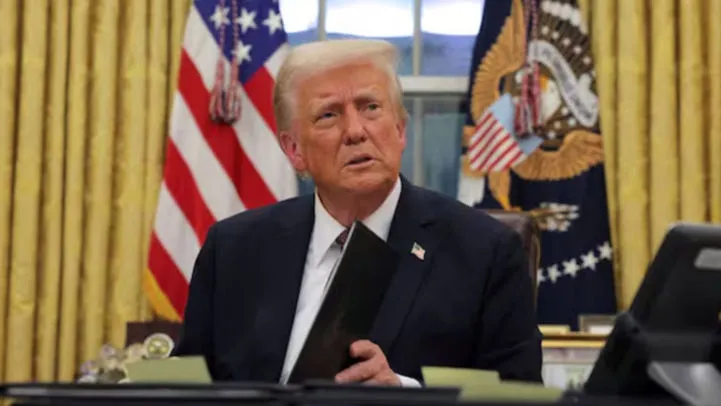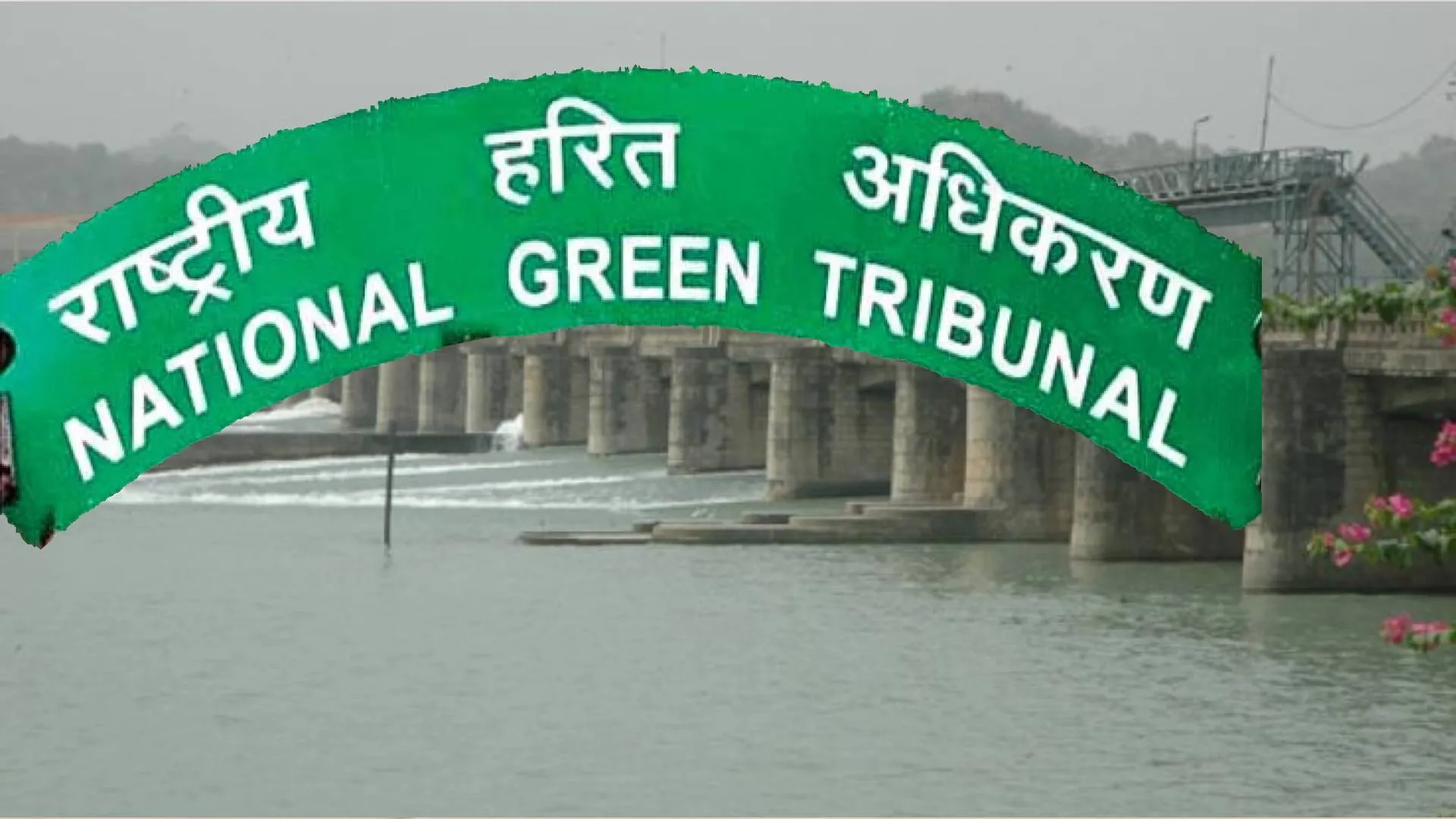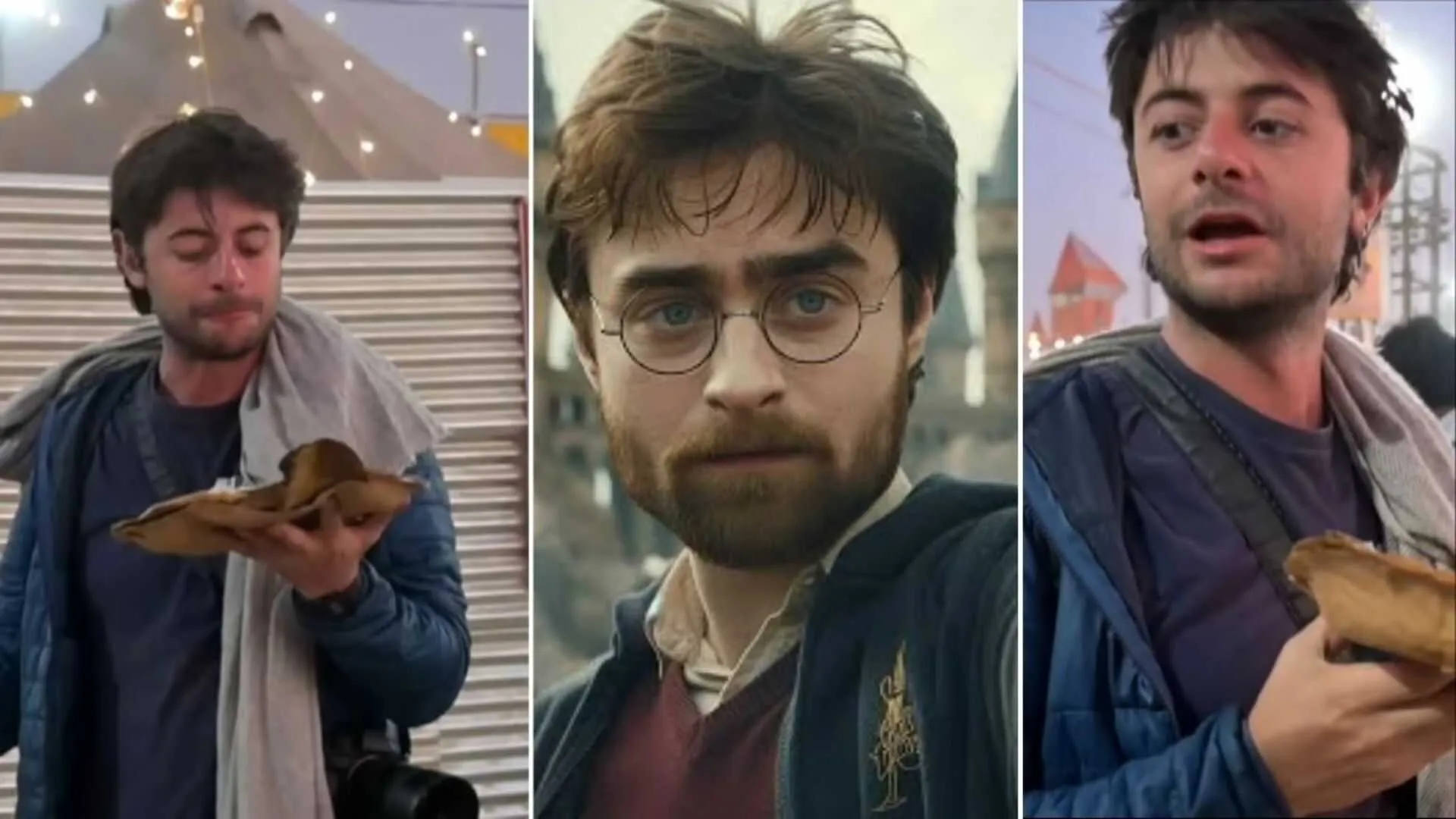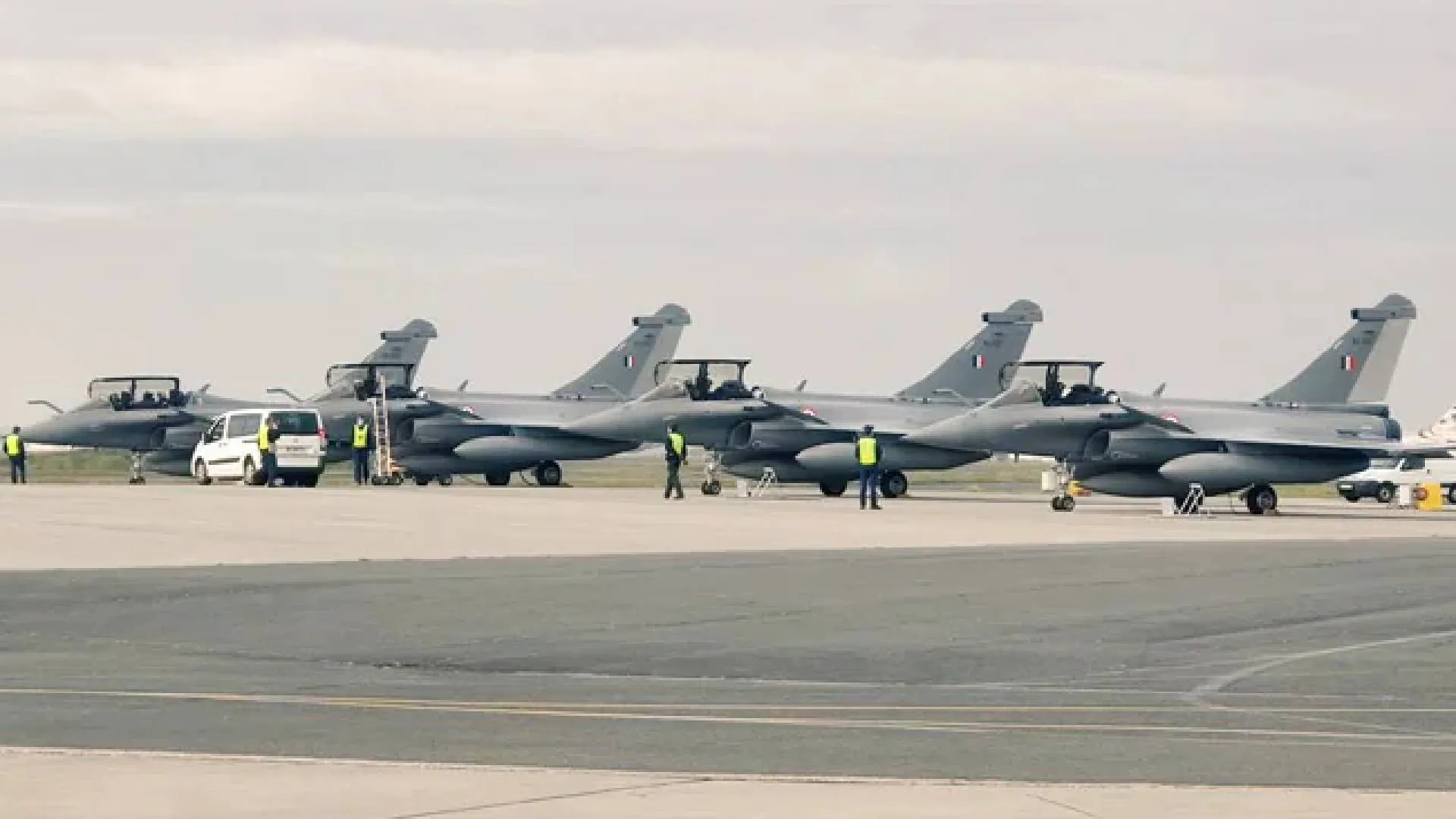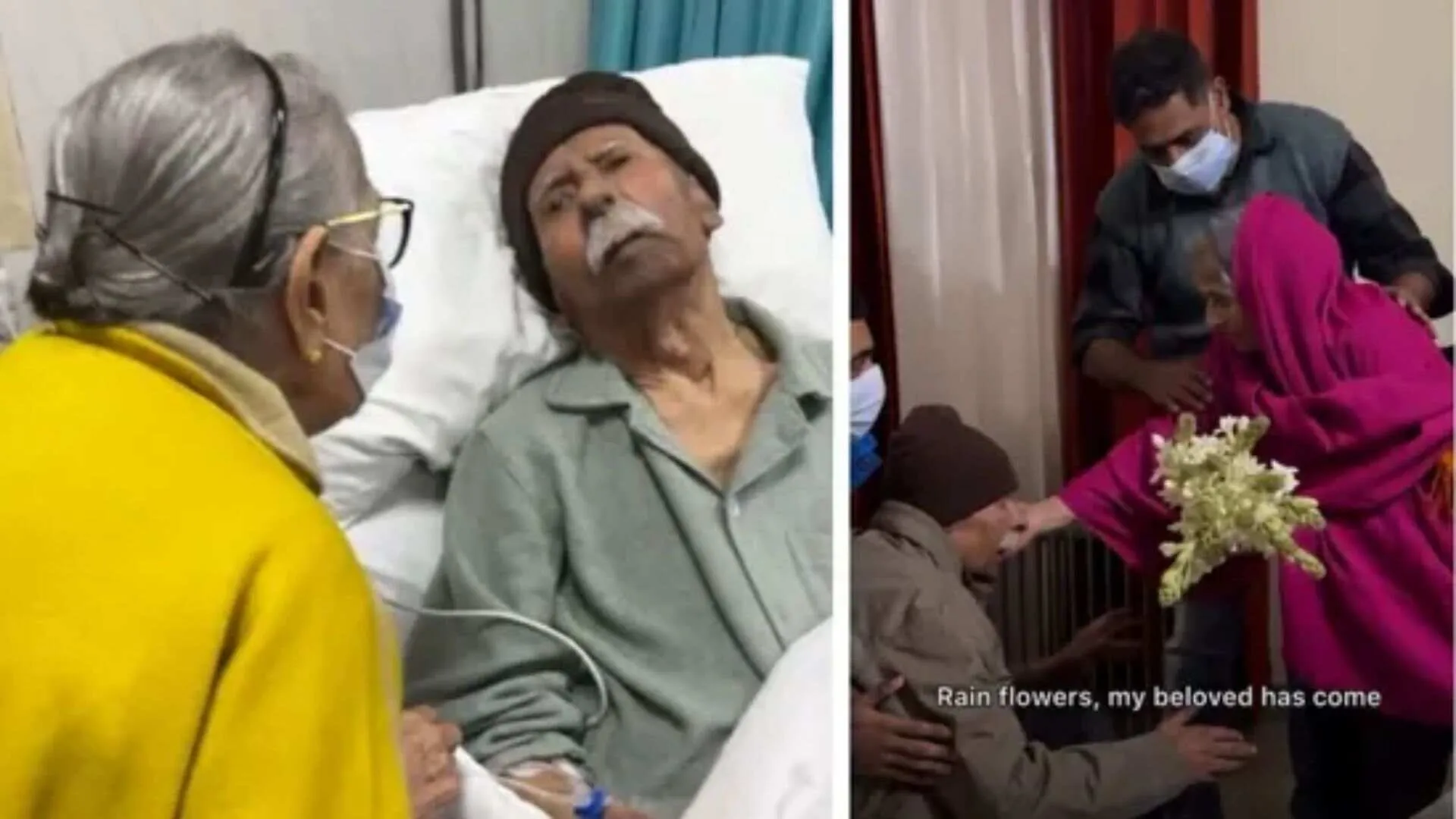As soon as the Election Commission has said that a full bench of the Commission can possibly visit the state on March 12-13 to explore the possibilities of Assembly and Lok Sabha elections in Jammu and Kashmir, an electoral atmosphere has started developing there. Debates have started in the state among political parties on ‘Jod-Gathjod or Ekla Chalo’.
DDC Election was a Great Experience
However, the union government of India had made up its mind to return statehood to Jammu and Kashmir at the same time when the DDC (District Development Council) elections were conducted. The DDC elections were the first by the union government in Jammu and Kashmir since August 5, 2019. Which was successful to a great extent.
Where is GUPKAR?
It has been 3 years since the DDC elections and the DDC members who won on BJP ticket are still intact, while the GUPKAR has been dissolved. There has been a lot of development in Jammu and Kashmir in these three years also.
BJP was Single Largest Party in DDC Election
In DDC elections, BJP was in one camp and a Alliance of six political parties (GUPKAR) was in the other camp. These six parties were National Conference, PDP, People’s Conference, CPIM, People’s Movement, and Awami National Conference. This alliance had got a total of 110 seats in the DDC elections, but on January 19, 2021, the People’s Conference, which won 8 seats, broke ties with the Gupkar Alliance. In this way, BJP emerged as the single largest party by winning 75 seats in the DDC elections held on 28 November 2020.
More than 2 Crore Tourists Visited J&K
For the first time after independence, more than 2 crore tourists have come to Jammu and Kashmir. Union Tourism and Culture Minister G Kishan Reddy told the Rajya Sabha during Question Hour that this is the first time since independence that such a large number of tourists have come to Jammu and Kashmir and the credit for this was given to the abrogation of Article 370.
G20 Meeting in J&K
India’s presidency of the G20 became a platform to promote the tourism sector as more than 200 meetings of the G20 were held in more than 50 cities in the country and Indian culture was showcased to the rest of the world. He termed Prime Minister Narendra Modi as the biggest ambassador of Indian tourism as he always promotes tourism activities and invites people from other countries to visit India during his visit to any country.
Union Government Invested 58,477 Crore in J&K
The union government sitting in Delhi started 53 projects worth Rs 58 thousand 477 crore in Jammu and Kashmir through the state government, out of which 33 have been completed. Work on the rest is in progress. Which means, while BJP has made a place in the hearts of the people of Jammu and Kashmir, the Gupkar Thugbandhan has disintegrated due to their own selfish interests. At present, the stars of PM Modi are continuously on the rise, both in the country and abroad.
PM Modi’s Image Can be a Trump Card for BJP in State Elections
BJP would like to take advantage of PM Modi’s image. There is also a judgement of the Supreme Court to hold general elections in Jammu and Kashmir by September this year and return statehood to Jammu & Kashmir. People are use to say that, ‘circumstances are in favor of BJP’.
Political Debates has Begun
However, as soon as the Election Commission has announced to send its full bench to Kashmir, political parties have indulged in hot debates. National Conference leader Farooq Abdullah announced to contest the elections alone. PDP will also contest elections separately. According to the equations in the Jammu-Kashmir so far, the wind is blowing in favor of BJP i.e. NDA. If the Election Commission is satisfied with the arrangements of the state, then it is possible that elections in Jammu and Kashmir may be held in April or May 2024.
Full Bench of EC to Visit J&K on March 12-13
As per official Sources, EC comprising Chief Election Commissioner and two Election Commissioners full bench would visit J&K likely on March 12 and 13, to review preparedness for Lok Sabha polls to be held in April and May. During its visit to J&K, the poll panel is expected to meet different stakeholders including political parties and officials from civil administration and police. The poll-panel could also asses’ feasibility for holding Assembly polls in J&K in view of the deadline set-up by the Supreme Court. On December 11, 2023, the Supreme Court had directed the Election Commission of India to hold J&K Assembly polls by September 30, 2024.
J&K is Under Central Rule since June 19, 2018
Jammu & Kashmir is without any elected government since June 19, 2018 when BJP withdrew support to Mehbooba Mufti-led government, citing deteriorating security situation in the erstwhile state. It is worthwhile to mention that the Election Commission of India has approved 635 companies of paramilitary forces in Jammu and Kashmir and 57 in Ladakh for conduct of polls for six Lok Sabha seats in the two Union Territories carved out of the erstwhile state of J&K.
A Brief Background of J&K After Reorganisation
The Jammu and Kashmir Reorganisation Act, 2019 is an act of the parliament of India containing provisions to reconstitute the Indian-administered state of Jammu and Kashmir into two Indian-administered union territories (UTs) called Jammu and Kashmir, and Ladakh, and becoming effective on 31 October 2019. A bill for the act was introduced by the Minister of Home Affairs, Amit Shah, in the Rajya Sabha on 5 August 2019 and was passed on the same day. It was then passed by the Lok Sabha on 6 August 2019 and it received the president’s assent on 9 August 2019.
One Nation, One Constitution
The act consists of 103 clauses, extends 106 central laws to the UTs, repeals 153 state laws, and abolishes the Jammu and Kashmir Legislative Council among other things. The introduction of the bill was preceded by a presidential order which indirectly amended Article 370 of the Indian constitution and revoked Jammu and Kashmir’s special status. The act has also given powers to the Union government to pass a number of executive orders in relation to both the union territories.
Supreme Court Validates Revocation of Article 370
These orders have resulted in the modification or repeal of over 400 state and central laws with respect to the union territories. The act was challenged in supreme court through a number of petitions, on 11 December 2023 the court declared the act and the related orders to be valid and constitutional. Ordering to restore Statehood “as soon as possible”. A five-judge bench of the Supreme Court of India unanimously upheld the Indian Government’s decision to abrogate Article 370. The bench said that article 370 of the Constitution was a ‘temporary provision’ and the president had the power to revoke it. They also recommended that elections be held in Jammu and Kashmir before 30 September 2024.
Investigation of Human Rights Incidents
Supreme Court Justice Sanjay Kishan Kaul said that there would be a commission necessary to investigate human rights incidents since 1980 whether they were committed by state or non-state actors.
Five Lok Sabha Seats for J&K and One for Ladakh
The Jammu and Kashmir Reorganisation Act divides the Indian-administered state into two Indian-administered union territories, Jammu and Kashmir, and Ladakh. Whereas the former, Jammu and Kashmir, will have a legislative assembly, the latter, Ladakh, will be administered by a lieutenant governor alone. The union territory of Ladakh will include the districts of Leh and Kargil, while all other districts will be accorded to Jammu and Kashmir. Of six Lok Sabha seats allocated to the former state, one will be allocated to Ladakh and five to the Jammu and Kashmir union territory. The High Court of Jammu and Kashmir remain functional as as the High Court for both union territories.
The LG is an Administrator of J&K
The act provides that the administration of the Jammu and Kashmir will be as per Article 239A of the Indian constitution. Article 239A, originally formulated for the union territory of Puducherry, applied upon Jammu and Kashmir since the statehood will not be given back.
The Lieutenant Governor appointed by the president is the administer of the union territory of Jammu and Kashmir, which will have a legislative assembly of 107 to 114 members. The legislative assembly may make laws for any of the matters in the state list except “public order” and “police”, which will remain as the law-making powers of the union government.
After Assembly Election LG shall Appoint CM & council of ministers
After Assembly Election a council of ministers including a chief minister will be appointed by the lieutenant governor from the members elected, with the role to advise the lieutenant governor in the exercise of functions in matters under the legislative assembly’s jurisdiction. In other matters, the lieutenant governor is empowered to act in his own capacity, who will also have the power to promulgate ordinances having the same force as acts enacted by the legislature.
DDC Elections
The first elections in the union territory of Jammu and Kashmir took place in the last two months of 2020 in the form of by-elections to District Development Councils and municipal and panchayat level bodies.
Statehood Discussion
A fresh delimitation process for assembly constituencies began in February–March 2020. The Reorganisation Act has complicated the delimitation, with suspicion being created over whether the new seats would go to Kashmir or Jammu. At an all-party meet of Jammu and Kashmir leaders in New Delhi on 24 June 2021, statehood, delimitation and elections were discussed. During the meeting, restoration of statehood was raised, this was acknowledged by both the Prime Minister and the Home Minister and there after election activities have taken place.


